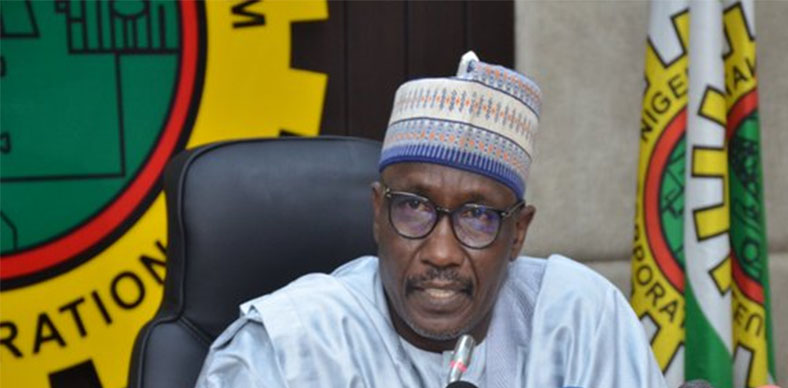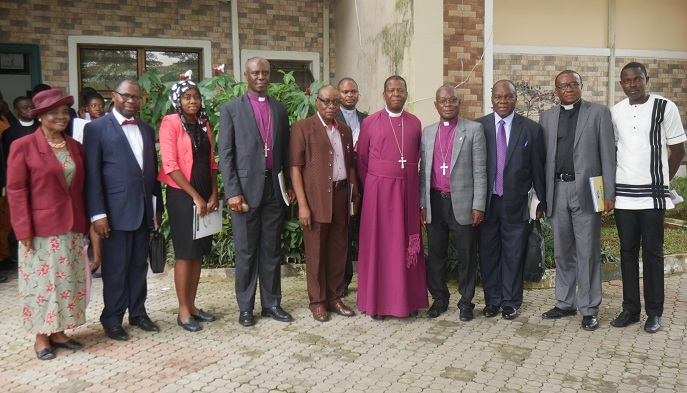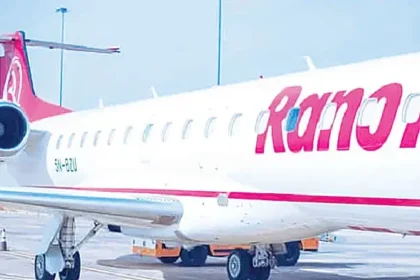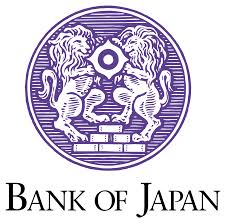Petrol consumers may pay about N8.4tn for Premium Motor Spirit, popularly called petrol, between July and December 2023 once the Federal Government stops subsidy on PMS in June, latest findings and industry data showed.
This represents about 250 per cent increase from the N2.4tn PMS consumers would spend during the period if the government chose to retain the subsidy regime.
Oil marketers explained that the average cost of petrol could rise to about N700/litre from July, should fuel subsidy be brought to an end in June as projected by the Federal Government.
The development means that the expense by Nigerians for fully deregulated petrol could rise by N6tn during the six month period, going by the insistence of the government that fuel subsidy would end in June.
The Group Chief Executive Officer, Nigerian National Petroleum Company Limited, Mele Kyari, in February, stated that over 66 million litres of PMS was pumped daily into the market by NNPC Limited to keep the country wet.
With a projected average cost of N700/litre once subsidy is removed, it implies that Nigerians would pay about N46.2bn daily for petrol, which translates to approximately N1.4tn monthly and N8.4tn in six months (July to December 2023).
“If the refineries are not working and we are going to depend on imports, then the price of petrol may rise even above the N700 or N750 that is being projected,” the President, Petroleum Products Retail Outlets Owners Association of Nigeria, Billy Gillis-Harry, told our correspondent.
He added, “This is because it is going to depend on the dollar rate and crude oil cost. When you check the landing cost, logistics, overhead, profit, etc, you might be looking at about N800, though the average is pegged at N700.
“And that is if we continue to depend on imports. Now, this calculation is based on when we get the product at the approved Central Bank of Nigeria dollar rate, and not at the over N740/$ black market price.
“If the dollar is accessed at the black market rate, then you can double that N700/litre average price once subsidy is removed. So you should be looking at between N1,400 to N1,700/litre. This is why we must get our refineries working.”
Buttressing the position of PETROAN, the Secretary, Independent Petroleum Marketers Association of Nigeria, Abuja-Suleja, Mohammed Shuaibu, explained that though it was vital to halt the subsidy regime, implementing this without functional refineries would definitely lead to high PMS price.
“Maybe the incoming government will have a proper way of stopping fuel subsidy. How can you stop subsidy when your refineries are not working? By the time they remove subsidy and the refineries are not working, Nigerians should be ready to buy fuel at N700 or N800/litre
“The sole importer of this product is NNPC and the demand is high. The price in some parts of the East currently is above N300/litre. By the time the subsidy is removed and there is full deregulation, the landing cost alone could hit over N400, and after all other things are added, Nigerians should be ready to pay about N700/litre.”
Subsidy controversy
About two weeks ago, the National Economic Council, in Abuja, asked the Federal Government to put the June deadline for petroleum subsidy removal on hold, pending the review of existing plans to provide palliatives for Nigerians.
The Minister of Finance, Budget and National Planning, Zainab Ahmed, disclosed this to State House correspondents shortly after the valedictory NEC meeting presided over by Vice President Yemi Osinbajo at the Council Chambers of the Presidential Villa, Abuja.
She also stated that there might be a need to send a supplementary budget to the National Assembly if the incoming administration aligned with the decision to extend subsidy removal.
But last week, it was reported that the Federal Government was proceeding with the planned removal of fuel subsidy by the end of June, contrary to reports that the exit date for the subsidy removal had been put on hold.
According to the report, the Federal Ministry of Finance, Budget and National Planning insisted that there had been “no change in the overall policy direction regarding the petrol subsidy envisaged by June 2023.”
The Special Adviser Media and Communications to the Minister of Finance, Budget and National Planning, Yunusa Abdullahi, was quoted in the report to have explained that what happened at the NEC was that the subsidy removal committee needed to be expanded to include teams from the incoming administration and the state governors.
“By the principles and letters of the 2023 Appropriation Act and the PIA laws, there is no provision for subsidy after June 2023,” Abdullahi reportedly stated.
He said that some members of the incoming government were “brought into the National Economic Council meeting so as to consolidate on that decision of fuel subsidy removal.”
Additional N6tn payment
Findings showed that Nigerians would pay an additional sum of about N6tn within the six-month period of July to December 2023, should petrol price hit an average of N700/litre once subsidy on the commodity stops in June.
The cost of subsidised petrol since January this year has been moving upwards despite the government’s insistence that it never approved any increase in the pump price of PMS.
The price moved from N165/litre in the fourth quarter of 2022 to N175 in the same year. It then rose to N185/litre in January this year. PMS currently sells at N194/litre in retail outlets operated by NNPC.
Other mega stations dispense the commodity at N195/litre, while the cost ranges from N200 to N300/litre in independent filling stations.
Oil marketers, however, put the average cost of petrol so far in 2023 at N200/litre, which implies that Nigerians would spend an estimate of N13.2bn daily by consuming 66 million litres of the subsidised commodity every day.
PUNCH








